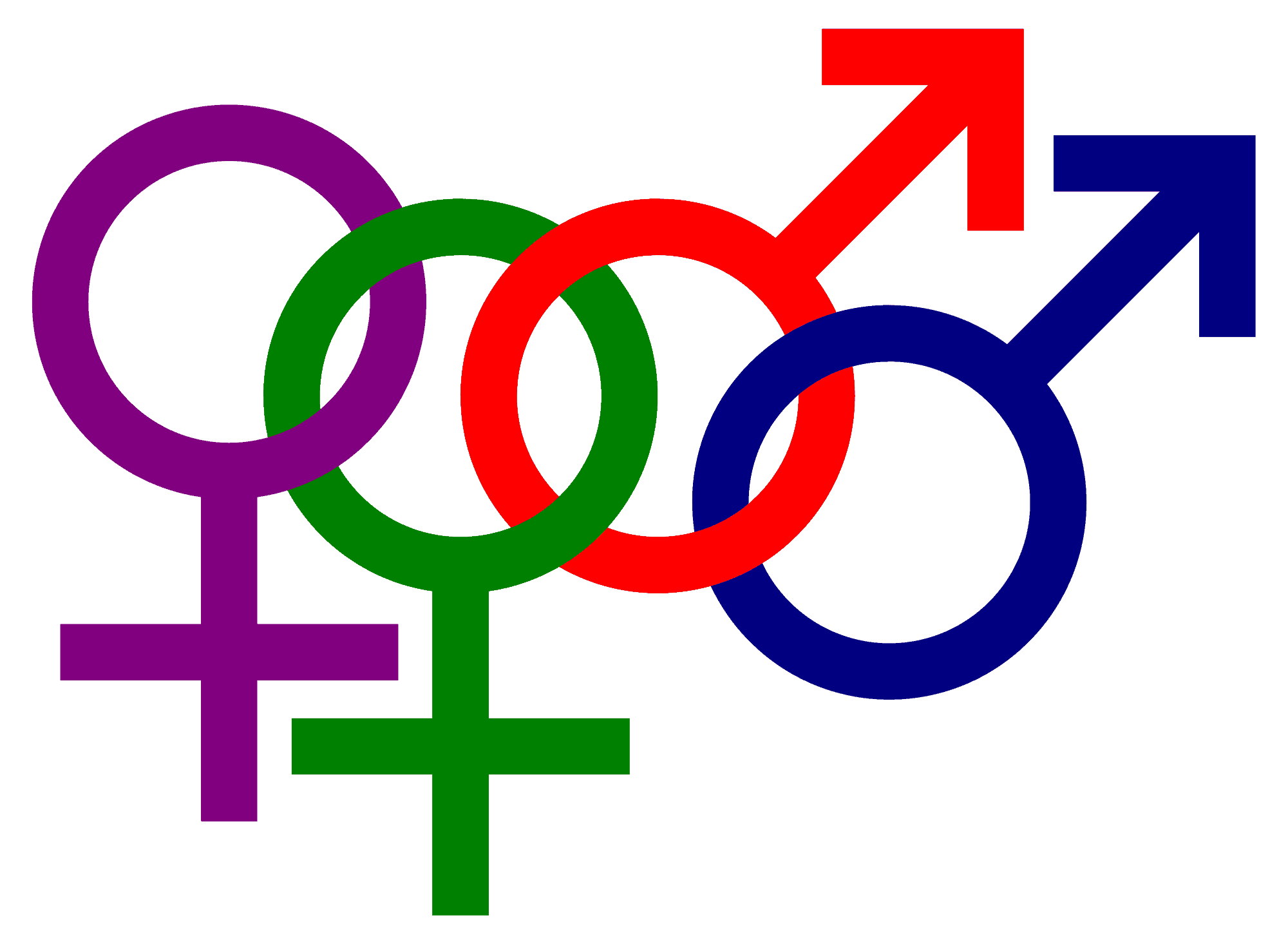
Sexual Orientation Questions Answered
July 17, 2018
Sexual Orientation Questions Answered
Sexual orientation raises questions for concerned parents over their teen’s wellbeing and future. Discrimination, bullying, and prejudice weighs heavily on teens who are already struggling with rapid changes in their bodies and the world. Understanding the difficulties helps parents in guiding their teens through difficult times and knowing when their teen might need outside assistance.
Understanding Sexual Orientation
• Heterosexual—attraction to opposite sex
• Homosexual—attraction to same sex
• Bisexual—attraction to both sexes
Studies show emotional, romantic and sexual based attractions belong to one of three subgroups. In society, people often use orientation as an individual marker, such as age and gender, but this is an incomplete assessment. Interactions with others plays an important role in sexual orientation too, and among these interactions, people will share more than sexual, emotional, and romantic attractions, which include shared values, commitment, and support. Sexual orientation is not simple to define as a personal characteristic; instead, it’s better defined as which sex a person is likely to find themselves in a healthy, fulfilling romantic relationship.
Closely related to the definition of sexual orientation are the causes associated with it. However, no scientific data supports any theory including, genetics, hormonal, social, cultural, religious, or developmental concepts as a singular or direct cause for determining sexual orientation. Furthermore, homosexuality and bisexuality are not mental disorders; decades of medical studies and history shows all three sexual orientations as normal forms of human bonding. Mainstream organizations no longer classify homosexuality or bisexuality as a mental disorder.
Not often discussed is an experimental phase some teens will go through where they might question their sexuality. This isn’t the same as a teen who identifies as homosexual or bisexual.
Sexual Orientation and Types of Discrimination
• Housing
• Jobs
• Education
• Friendships
• Organization, private and public
• Healthcare
For various reasons, society has often discriminated against homosexuals. Most reasons have their roots in misinformation and personal or religious beliefs. This bias takes multiple forms, most notably violence and sexual assault, and leads teens to isolation, hiding one’s orientation from people, and teens can see a stronger impact on their mental wellness.
While discrimination has improved, thanks in part to better understanding of sexual orientation and protection laws, peers, relatives, and even teachers can subject teens to prejudice and discrimination. Bisexuals can face more discrimination and judgment. They might face the same stigma as homosexuals, but they might also discover prejudice from homosexuals and heterosexuals who don’t believe in bisexuality.
Mental Impact of Discrimination and Prejudice
Teens with supportive family, friends, and community are less likely to experience negative effects on their health. Researchers have seen a direct correlation to social bias in whether homosexual or bisexual teens experience mental health issues as well as violence. However, teens can experience mental health disorders without their sexual orientation being a factor.
Signs of Mental Health Problems
Because mental health issues affect homosexual and bisexual teens in numerous ways, parents will need to be diligent. This is especially true if the teen isn’t officially out or hasn’t directly come out to the parent. The teen can be hiding or masking their mental health problems along with their sexual orientation, and parents might not discover the truth until they reach a point where they can no longer cope with life.
• Social withdrawal, which includes loss of interest in social groups or individual people, is a common side effect when a teen discovers their own orientation.
• Fear of performing everyday activities like going to school, sports, or other social events as a reaction to bullying.
• Weight loss/gain without medical reason or intent.
• Abuse of drugs or alcohol, which could be recreational or the teen uses it to cope.
• Severe depression
• Attempted suicide
• Development of otherwise lifelong mental disorders associated with social problems or as a result of violence
How Parents Can Help
Create an open dialogue with teens that is receptive and supportive. Make sure the teen knows they’re loved for who they are. Parents shouldn’t grill their teens with how or why they know their sexual orientation.
Most importantly, parents should ask their teen outright about bullying, problems with friends, and approach any behaviors they’ve noticed. Parents should also be proactive and find their child a therapist or a program to assist their teen in learning how to properly cope with life’s stresses and the exclusive situations they might face due to discrimination.
The professionals at the Hillcrest Adolescent Treatment Center understand the unique challenges teens face with sexual orientation and the impact it can have on their mental health. The residential facility is in the tropical foothills of Agoura Hills, California, and expert staff and doctors provide a multi-faceted healing experience, including accommodation, sprawling natural outdoor access, nourishing meals, and wholesome programs ensuring deep-rooted and long-lasting recovery.
https://www.cdc.gov/lgbthealth/youth.htm
https://www.webmd.com/sex-relationships/guide/sexual-orientation#1
http://www.apa.org/topics/lgbt/orientation.aspx
https://www.cigna.com/individuals-families/health-wellness/hw/medical-topics/common-questions-about-sexual-orientation-abj9665
https://www.healthychildren.org/English/ages-stages/teen/dating-sex/Pages/Gay-Lesbian-and-Bisexual-Teens-Facts-for-Teens-and-Their-Parents.aspx
